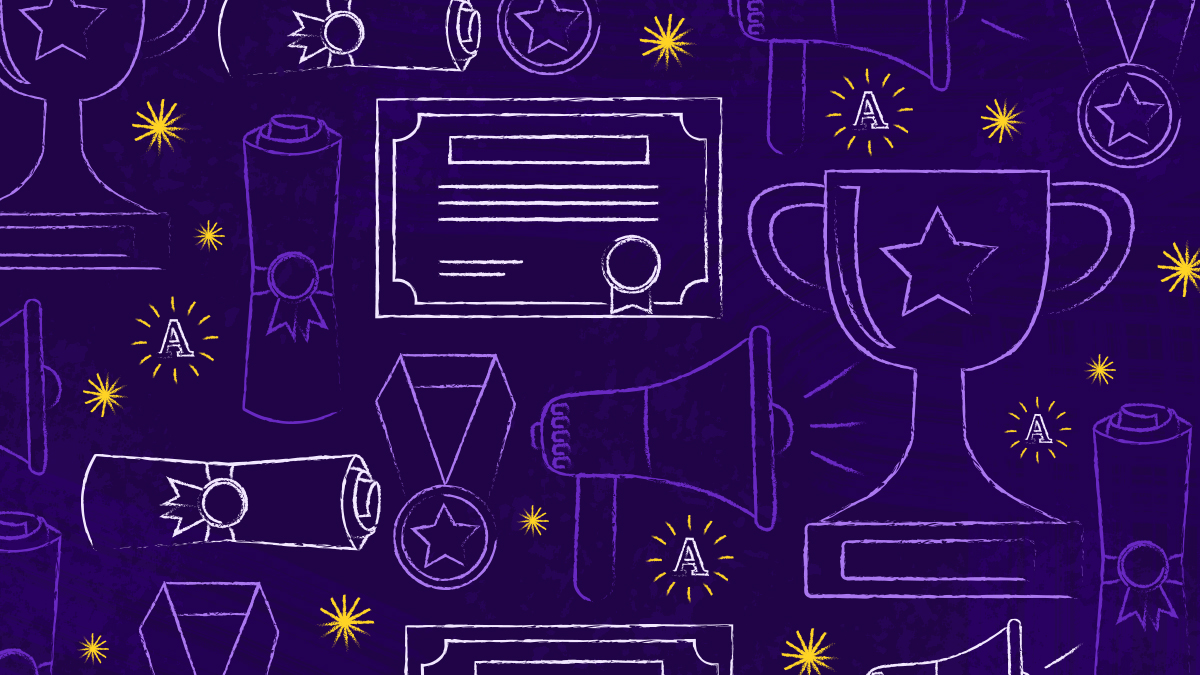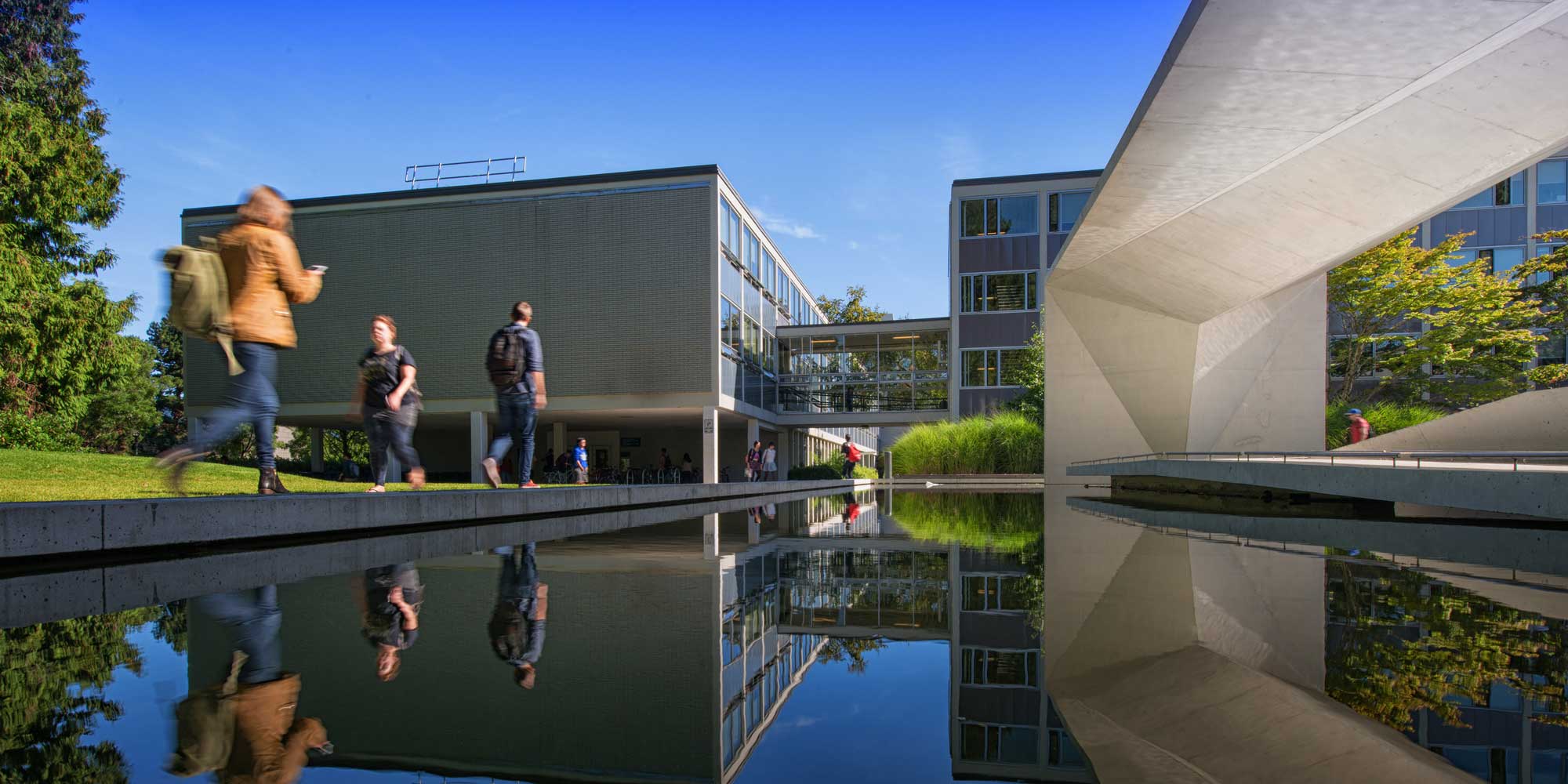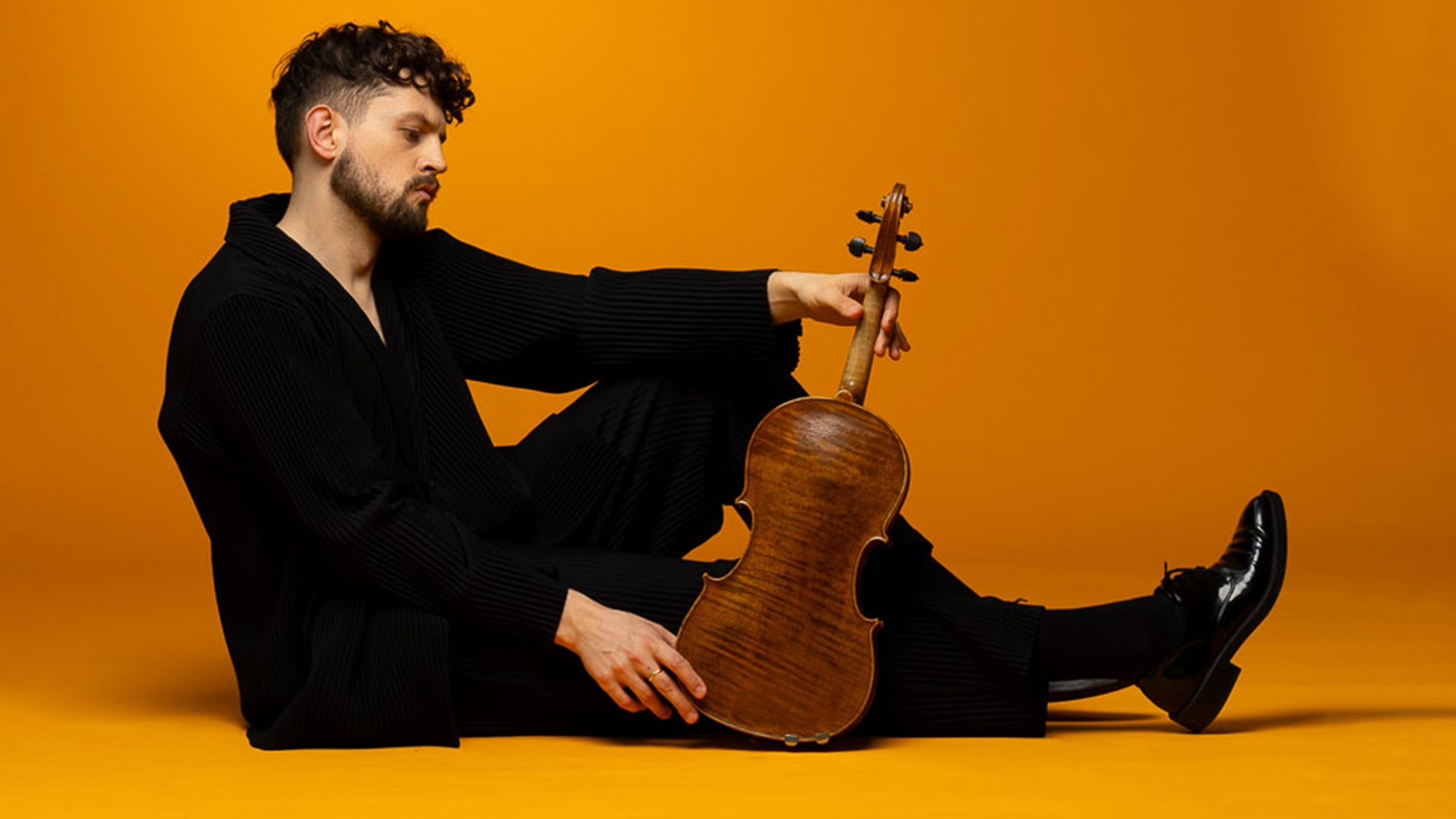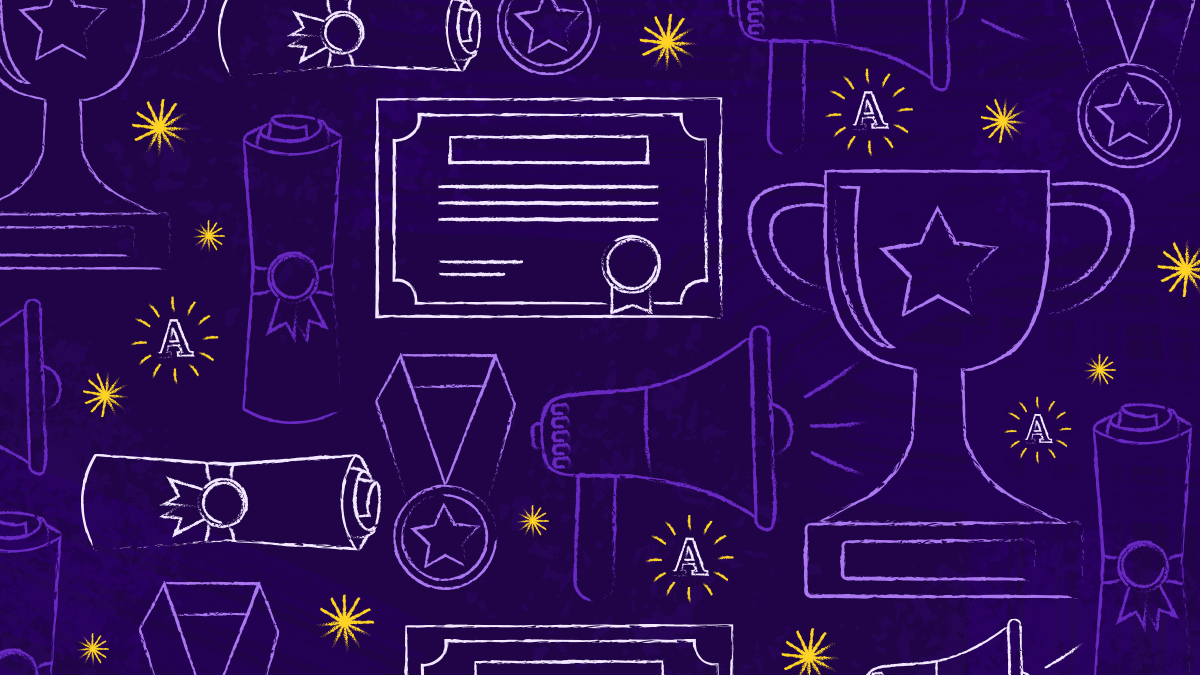

The 2023 Partnership Recognition and Exploration Fund has funded three community-university projects that are being co-led by Faculty of Arts members.
The Office of Community Engagement awards The Partnership Recognition and Exploration Fund every year to support community-university collaborations. This fund helps bridge small resource gaps and enables community partners to build reciprocal relationships with students, faculty, and staff. Since 2017, the fund has supported 361 partnerships, with about half of the funds going to IBPOC-led community organizations. This year’s collaborations demonstrate how UBC is partnering with communities to advance community organizing, Indigenous engagement and reconciliation, language translation, and more.
Learn more about the PRE funded projects below:
Community Organizing, DTES, Hogan’s Alley and Social Innovation
- Community Partner: Lama Mugabo, Building Bridges with Rwanda
- UBC Partner: Dr. Antoine Coulombe, Assistant Professor of Teaching, School of Social Work
The SOWK440C/529A course aims to equip aspiring community organizers with the necessary knowledge and skills to combat oppression and build thriving communities. The course uses a dynamic and empowering project-based learning approach to provide students with an immersive experience in designing community-organizing projects to tackle social and environmental challenges.
In Winter Term 1, the course collaborates with Lama Mugabo from Building Bridges Rwanda and the BC Poverty Reduction Coalition, which is a crucial community partner with extensive experience in the Downtown Eastside (DTES), Hogan’s Alley, Black communities, and social innovation. As part of the course, students will work in four teams to develop a community organizing project. One team will focus on addressing racism in Vancouver, while another will work on creating non-oppressive spaces in the DTES. To enhance the learning experience, an off-campus class session and field visit will take place, where students can see the real-world implications of community organizing. This session will focus on the history and ongoing efforts of Hogan’s Alley, a historically significant Black community in Vancouver. By the end of the course, students will be better equipped to assume critical roles as community organizers. They will have diverse tools, frameworks, and inspiration to drive transformative change.
Remember — Recordings of Elders Explored: Graphic Narrative Project
- Community Partner: Tchadas Leo, Homalco First Nation
- UBC Partner: Dr. Elizabeth Nijdam, Assistant Professor of Teaching, Department of Central Eastern Northern European Studies
The Remember Comics Project is a collaboration between Education without Borders, the Homalco First Nation in Campbell River, and The Raven. Deriving from the “Remember” podcast that features archival recordings of Elders from the Homalco First Nation, this project will work with three Indigenous cartoonists, Gord Hill, Alina Pete, and Valen Onsite, to create short comics based on three collections of the recordings.
Comic art, along with the study of its content and pedagogical value, is an ever-growing arena for knowledge creation. It has also proven itself effective as an essential format to reach diverse audiences when tackling difficult subject matter. This Remember Comics Project will employ comic art to represent selected recordings and provide visual graphic materials that engage with the podcast’s themes. Complementing the podcast’s conversation around its collection of recordings, while providing a voice to First Nations Elders from Vancouver Island, the comics will be produced as supplementary materials that will be ideal for inclusion in K-12 education.
Translating Yiddish in Vancouver
- Community Partner: Faith Jones, Vancouver School of Yiddish Translators
- UBC Partner: Dr. David Gramling, Professor and Head of the Department, Department of Central Eastern Northern European Studies
Starting in Fall of 2024, the Department of Central, Eastern and Northern European Studies (CENES) will introduce Yiddish language classes. This is an exciting development, as it is the first time Yiddish will be taught at a university level in Vancouver and there has been significant interest from the local Jewish and literary translation communities.
In the run up to the new UBC Yiddish program, CENES and the Vancouver School of Yiddish Translators will organize various activities and panels for students. These activities will showcase the ongoing work of translators and offer opportunities for students to reflect on the complex influence of translation throughout a rich and global language history of Yiddish-speaking Jewish cultures. The goal of these activities is to motivate students to consider learning Yiddish and provide them with chances to build lasting professional relationships or mentorships.
Learn more about Community Engagement
- Join the mailing list to receive updates about funding opportunities or contact cues.fund@ubc.ca.
- Use the Community Partner Help Desk to connect to UBC resources and people.
- Are you UBC Staff? Join the network of staff doing community engagement work at UBC.


